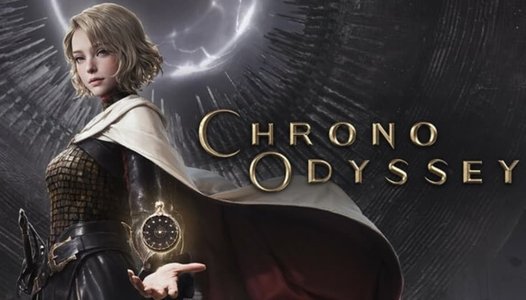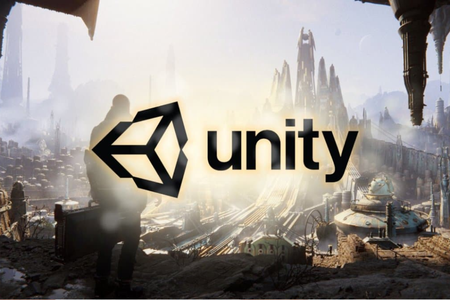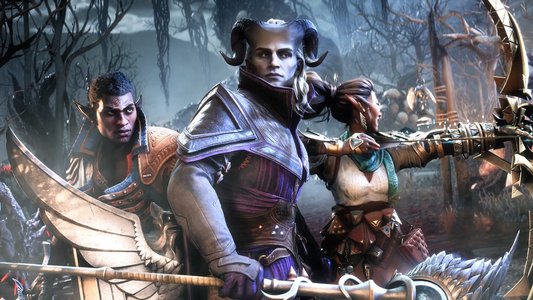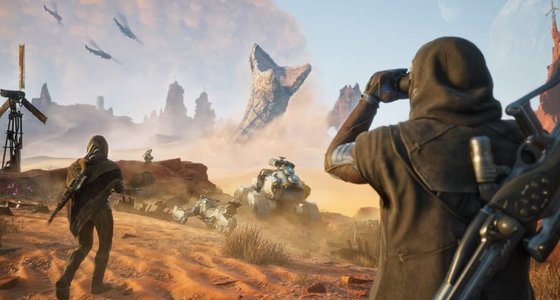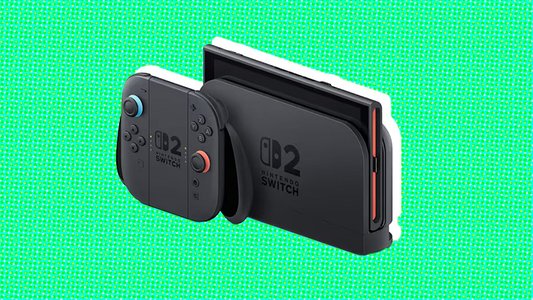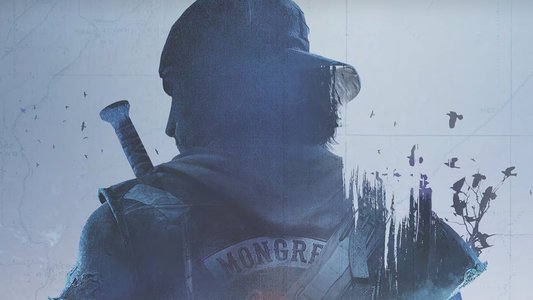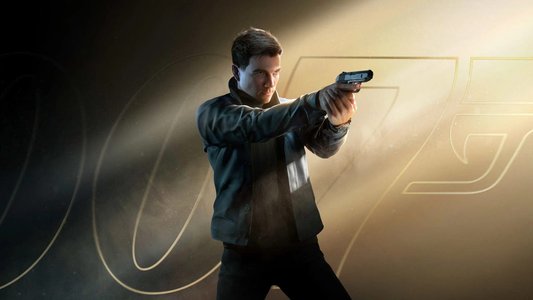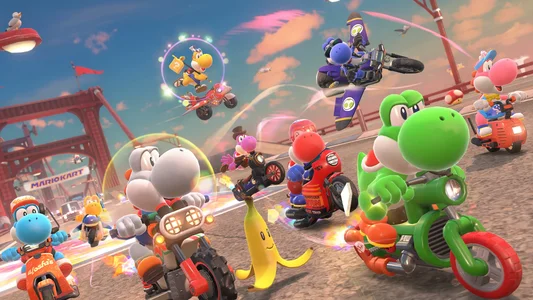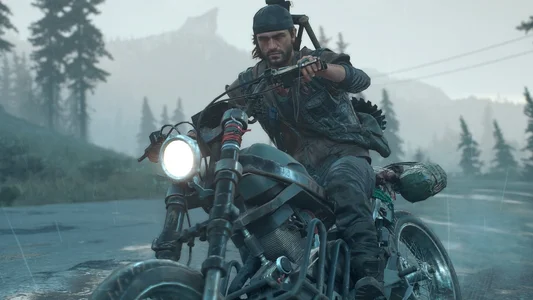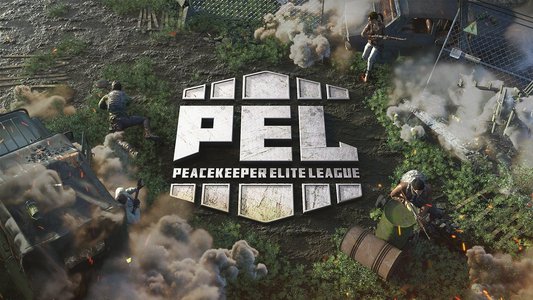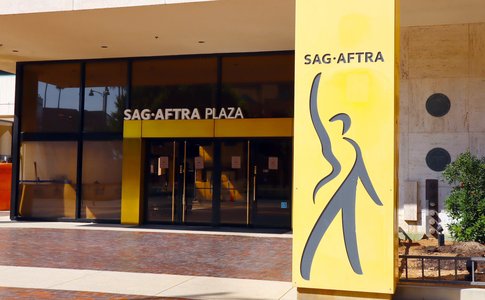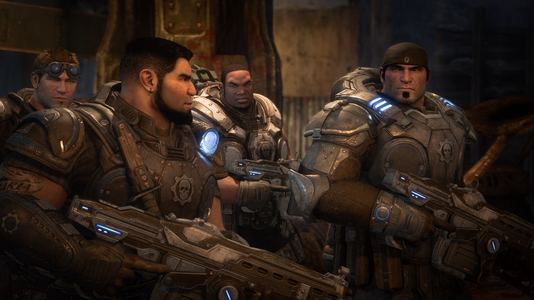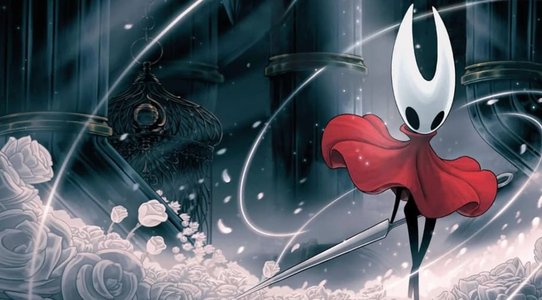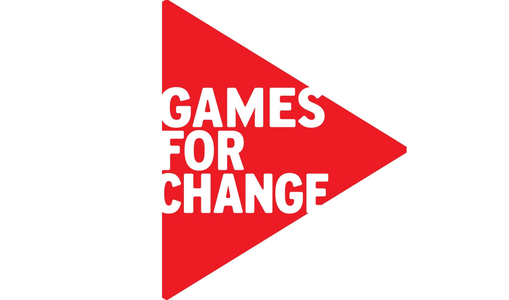You may not recognize the name Wilbert Roget, but you've probably heard his work. Roget was a music editor at Lucasarts for many years, and he wrote original music for Star Wars: The Old Republic and Star Wars: First Assault, and arranged and supervised music for Monkey Island 2: Special Edition. Since then, he's been the composer for titles like Guild Wars 2: Path of Fire, Lara Croft and the Temple of Osiris, and Dead Island 2.
Roget also served as composer on the powerful, memorable music for the recently released Call of Duty: World War II. He spoke to Gamasutra about his inspirations, his attempts to stay true to the time period of the game, and how to score with special f/x in mind.
Gamasutra: You've got plenty of video game credits under your belt, but this is your first time working on a Call of Duty game. How did the collaboration come about?
Roget: I had played and loved Sledgehammer Games’ previous game, Call of Duty: Advanced Warfare, and was strongly interested in working with the company on a future project. One of my former-coworkers from LucasArts had worked as a sound designer on Modern Warfare 3, so I asked him to put me in touch with Sledgehammer Games’ audio director, Dave Swenson. It turns out Dave had recently played a previous game I scored, Lara Croft and the Temple of Osiris, and so we met a few weeks later at the Game Developers Conference. Several months of follow-up meetings and Skype conversations later, and eventually I was hired.

Composer Wilbert Roget
When exactly did you join the process, and how long did you have to work on the score?
"All in all, it was about six months to write the full score."
We had our first on-site meeting to begin the process sometime in late January. But I started sketching various ideas on paper all the way back in August, as soon as I knew it would be a WWII-era score. The score for the original Call of Duty had such a big influence on me back in college, so I immediately had some ideas I wanted to explore.
Ultimately very little of those sketches made it into the game, with the exception of the minimalist triple-meter concept I used in the 'Berga' track. My first game-specific pieces were written in early February, and we had our final recording sessions towards the end of July, so, all in all, it was about six months to write the full score.
<iframe title="Embedded content" src="https://w.soundcloud.com/player/?url=https%3A//api.soundcloud.com/tracks/346949410&color=%23ff5500&auto_play=false&hide_related=false&show_comments=true&show_user=true&show_reposts=false&show_teaser=true&visual=true" height="300px" width="100%" data-testid="iframe" loading="lazy" scrolling="auto"></iframe>
"A Brotherhood of Heroes" by Wilbert Roget
Where did you find inspiration? Did you look at some of the earlier games in the franchise, or perhaps towards other mediums?
For my overall direction, my inspirations came from several different media. I was already familiar with the first Call of Duty scores as well as Modern Warfare and Advanced Warfare, but when the project began I started to study a few war films to see how their scores interacted with the drama.
Of those, I’d say The Hurt Locker, Zero Dark Thirty, and Saving Private Ryan were the most tonally relevant even though my score doesn’t sound overtly similar. I also studied several pieces of 20th-century art music very closely: Claude Vivier’s 'Zipangu,' Toru Takemitsu’s 'Requiem for String Orchestra' and of course Penderecki’s famous 'Threnody for the Victims of Hiroshima.'

How much of the game were you able to see and play? Did it inform your work?
"I only had an illustrated storyline document to work with at my personal studio. I didn’t have a chance to play the game while scoring."
After my first meeting onsite at Sledgehammer Games, I only had an illustrated storyline document to work with at my personal studio. Sledgehammer sent me a few gameplay capture videos later on, but I didn’t have a chance to play the game while scoring. Actually, when writing the first few in-game pieces, I used gameplay footage from Call of Duty 2's 'Rangers Lead the Way' level to check if my own music would fit the mood and soundscape, as that level is both high-octane and has long stretches without music.
Testing against gameplay footage reassured me of the efficacy of my sonic experiments, like my use of solo strings and period-accurate musique concrète. It also helped me arrange the music in such a way that it complemented the sound design instead of competing against it. And then towards the end of the project, there were two pieces, 'Birds of Prey' and 'Berga,' which I wrote for specific levels' gameplay footage.

Call of Duty titles are known for being high-octane, action-packed affairs. They're the very definition of 'Hollywood,' so how do you create a score that works in tandem with the bombastic in-game SFX?
No tags.







